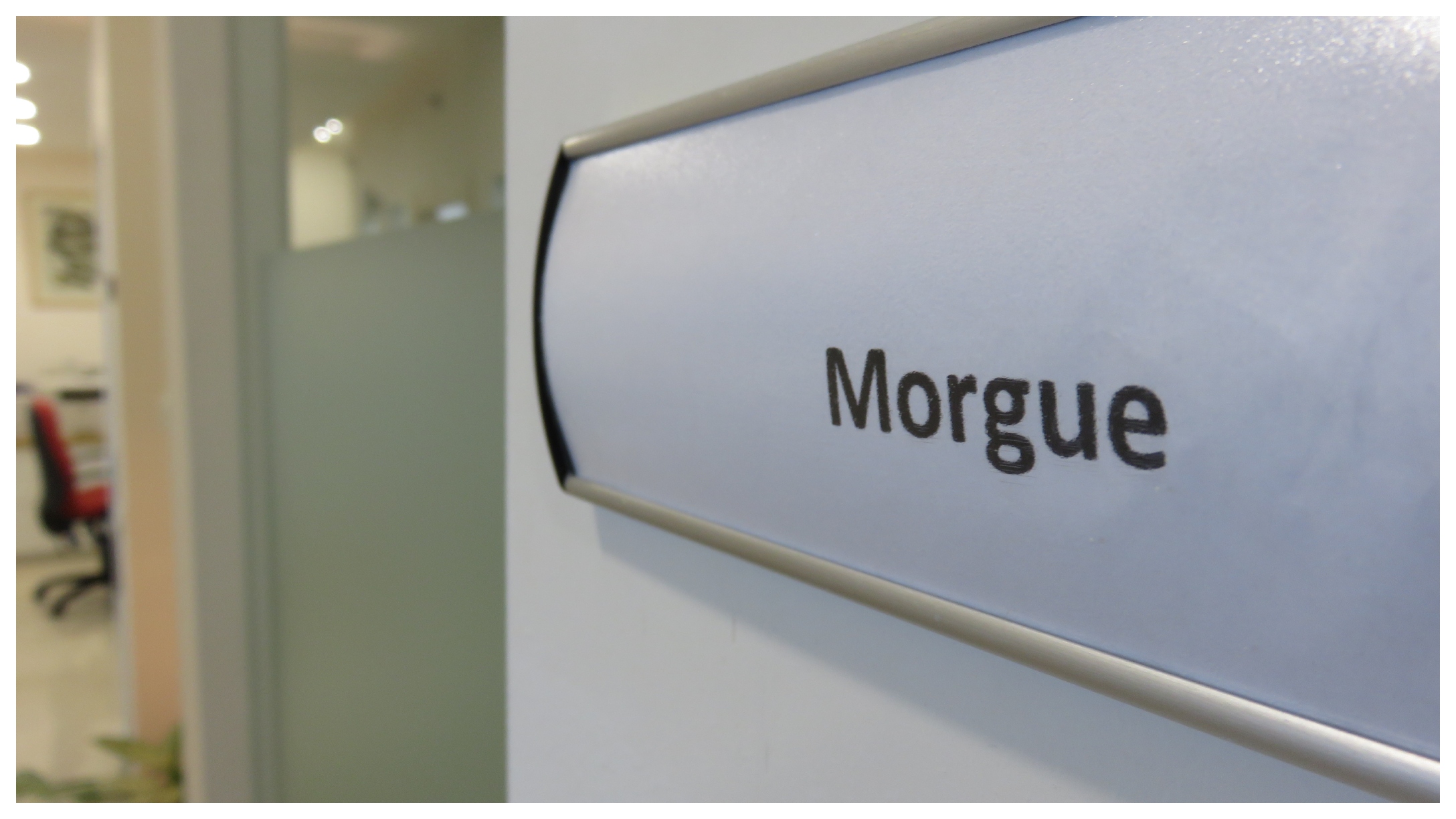
Losing a child is every parent’s worst nightmare. It seems to go against the natural order of things. It’s a cruel and unthinkable truth that this tragically occurs. Richard and Mary Forrest Engel know this all too well, as they lost their 6-year-old son Henry due to complications from Rett syndrome.
Mary wrote a heartbreakingly beautiful and vulnerable personal essay about the unique way she mourned her son. She spent a week visiting the morgue and just being with his physical body. It helped her on her grief journey and gave her the opportunity to say goodbye.
Henry died at home. Mary found herself wanting to spend time with his body even then. “As long as he remained a physical presence on this Earth, I wanted to be with him. We sat with him in our home for hours. Changed his clothes. It was summer. I put shorts on him, and a T-shirt out of habit. I chose one of his softest, coziest ones,” she explained.
Later that night, the funeral home came to get Henry’s body. “I carried him to the car,” Mary recalled. “It was the last time I would ever carry my beautiful Henry. How many times had I carried him in his life? Hundreds? Thousands? He was almost like an appendage to me; we were physically intertwined due to his disability and him needing me to move him around, to be his legs.”
More from LittleThings: Chicago Preschooler Killed In Front Of His Mom And Siblings In Road Rage Shooting
The funeral home employees sensed Mary’s need to be with her son’s body. She described them as “two of the kindest people I’ve ever met.” They “said I could come see Henry’s body in the days leading up to the cremation.”
Mary took them up on their generous and empathetic offer. “I went to sit with him every day for a week. I went at 9 a.m. and 5 p.m.”
“They would have him ready for me, and I’d go into the room and cry, stroke his hair and face and rest my head next to his,” Mary recalled. “I brought a different assortment of books and toys each time. I’d push the buttons on the toys and listen to the sounds, which I had heard so many times when he had pushed them. Henry loved music. I sang some of his favorite songs and played others on my phone.”
Some friends joined Mary in her ritual one day. “We were all crying,” Mary recalled. “They took turns stroking his gorgeous hair (Henry had the best hair) and speaking or singing to him. We hugged. Then someone said something, which I can’t recall, but it was funny, and despite ourselves, we all laughed. It was so awful, surreal and beautiful at the same time. The human spirit is truly amazing.”
Mary’s husband Richard was “hesitant” about joining at first. Mary understood this. “This kind of grief is unlike anything either of us had felt before. There’s no roadmap,” she explained. Richard ultimately was glad he decided to be a part of it. “He realized the value in having this time to do the impossible: attempt to say goodbye to Henry,” Mary recalled.
Mary knows this way of grieving is not for everyone. “I am thankful to have had that week. I know not every grieving person has the ability to do this, and not everyone wants or needs to. It was surreal, heartbreaking, gut-wrenching … and also filled with so much love. There’s just so much love, and that’s what has gotten me through,” she said.
Mary is grateful for the time she got with Henry and will always cherish his memory. “Would I go back and do every second over again with Henry, knowing that there would be this much pain at the end? Yes. A million times, yes,” she concluded.




